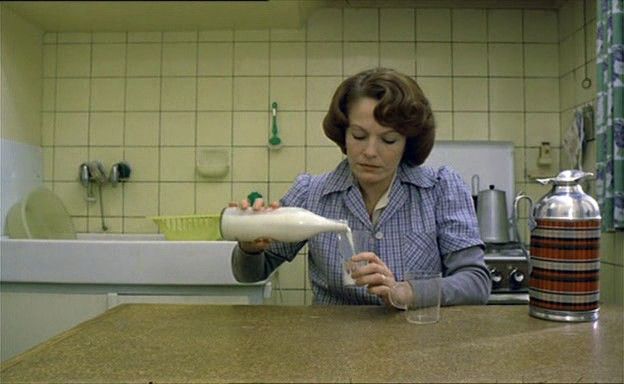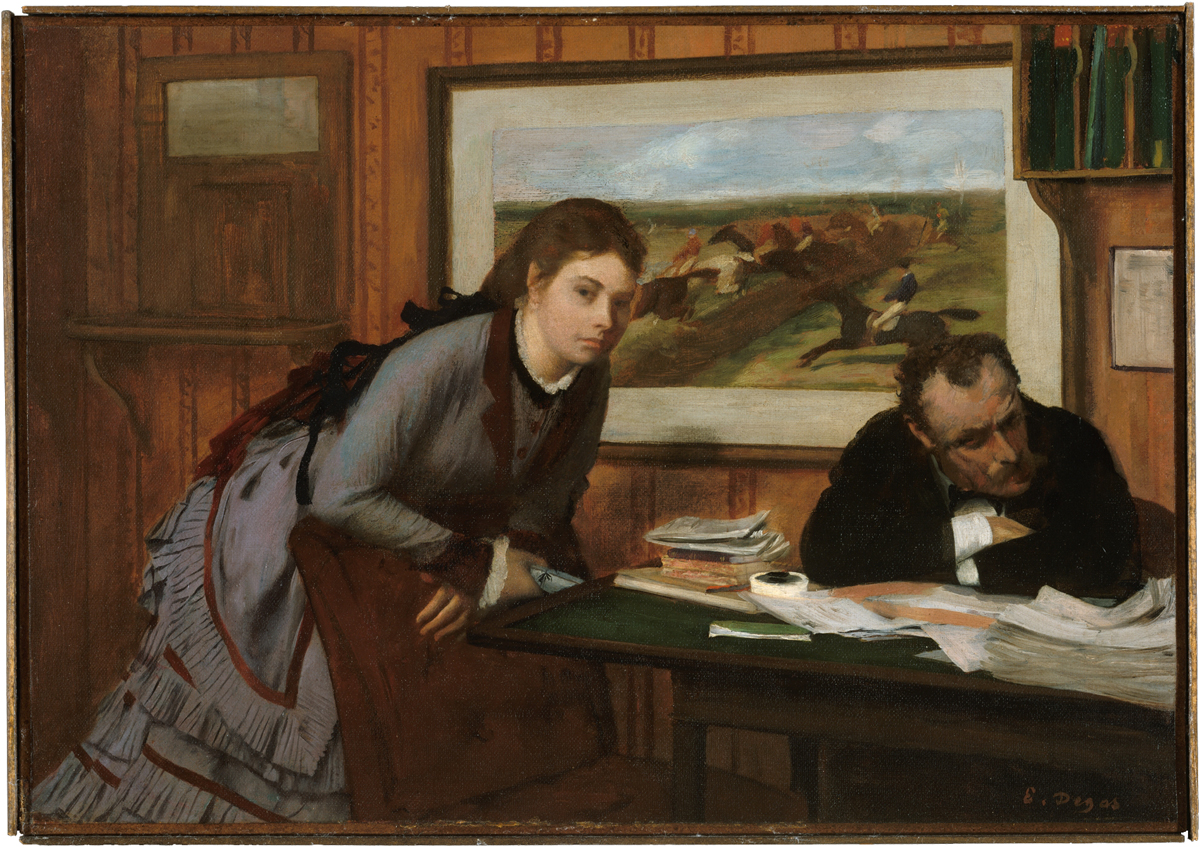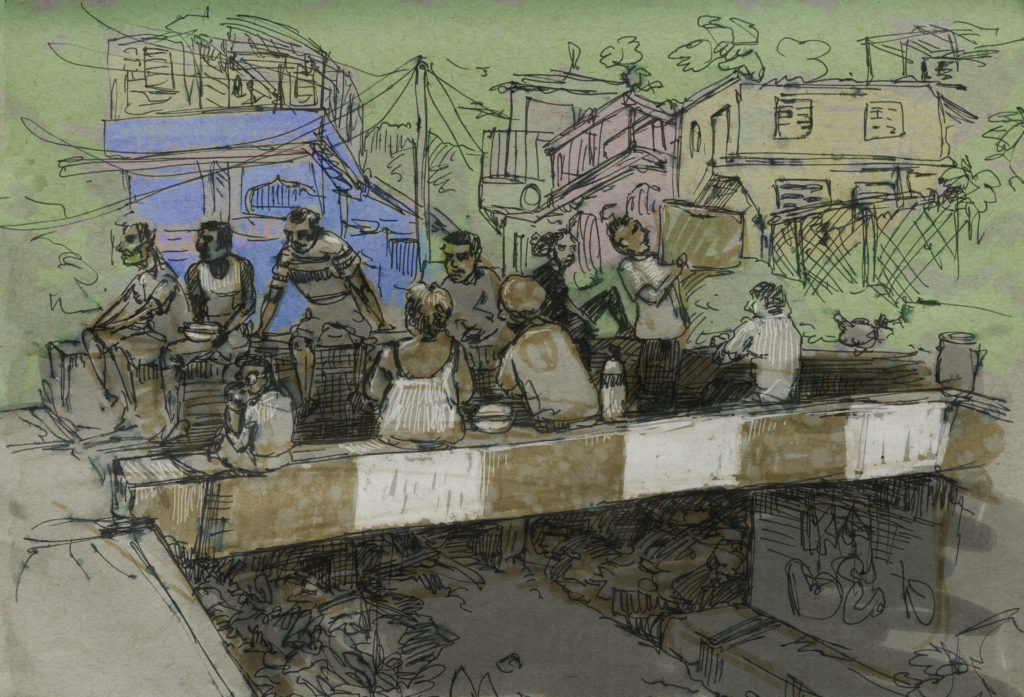【Mika Muroi Archives】
Jeanne DielmanForever,Mika Muroi Archives and Other News
On the Shelf

A still from Jeanne Dielman.
- The filmmaker Chantal Akerman, whose 1975 movie, Jeanne Dielman, 23 quai du Commerce, 1080 Bruxelles, is arguably “the first masterpiece of the feminine in the history of the cinema,” has died at sixty-five. “Jeanne Dielmanis a real-time study of a middle-aged widow who lives with her teenage son in a small Brussels flat. The film follows her as she completes drab domestic tasks and tries to make ends meet through occasional prostitution … The long, frank takes featured in Jeanne Dielmanwere a feature of Akerman’s work.”
- As a theater director, Bryan Doerries aims to revitalize the power of the medium: his company performs Greek tragedies at full-tilt for audiences at schools, hospitals,prisons,and army bases, and his goal is catharsis in the fullest sense of the word. “Theater is able to do something that no other medium can achieve,” he says. “It leads disparate audiences into a profound communion … We have lost touch, as a culture, with the importance of coming together and confronting what it means to be human as a community. Theater, and tragedy in particular, has the power to do this … Theater still has the power to create a sacred space, in which we are transported out of our quotidian reality and brought into contact with the transcendent, the heroic, the mythic, and with one another. We still hunger, I think, for this experience, as people, as a culture. And in some ways, because it’s so rare, it’s all the more overpowering and effective when we encounter it.”
- Today in unlikely longevity: New Hampshire’s Yankee magazine has been around since 1935, and it’s navigated, somehow, many epochal changes in media. What’s its secret? Listen carefully: cover fall foliage as if it’s Mardi Gras, never change, and appeal to a boring, affluent, aging readership. Yankeestands tall because of, not in spite of, its stupefying predictability: “There are tips on travel to destinations like Narragansett Bay, in Rhode Island, and recipes for Boston cream pie and needhams (an old-fashioned Maine candy made with mashed potatoes). Ads for regional businesses and New England wares still fill the magazine, which now comes out six times a year. The much loved Swopper’s Column—a classifieds page for unusual objects, which first appeared in the magazine’s fourth issue—was not discontinued until 2013.”
- On Robert Zemeckis’s The Walk, which has at its center a stunt that cinema has been waiting for a long time: “Two twenty-first-century phenomena have changed the way moving pictures are made and perceived. The first is the accelerating use of digital technology and the inexorable rise of a cyborg cinema that, by combining animated and photographic images, compromises the direct relationship to reality that had long been the medium’s claim to truth. The second is the trauma of September 11, 2001, which for many provided the ultimate movie experience that was more than a movie—spectacular destruction, broadcast live, and watched by an audience, more or less simultaneously, of billions.”






Related Articles